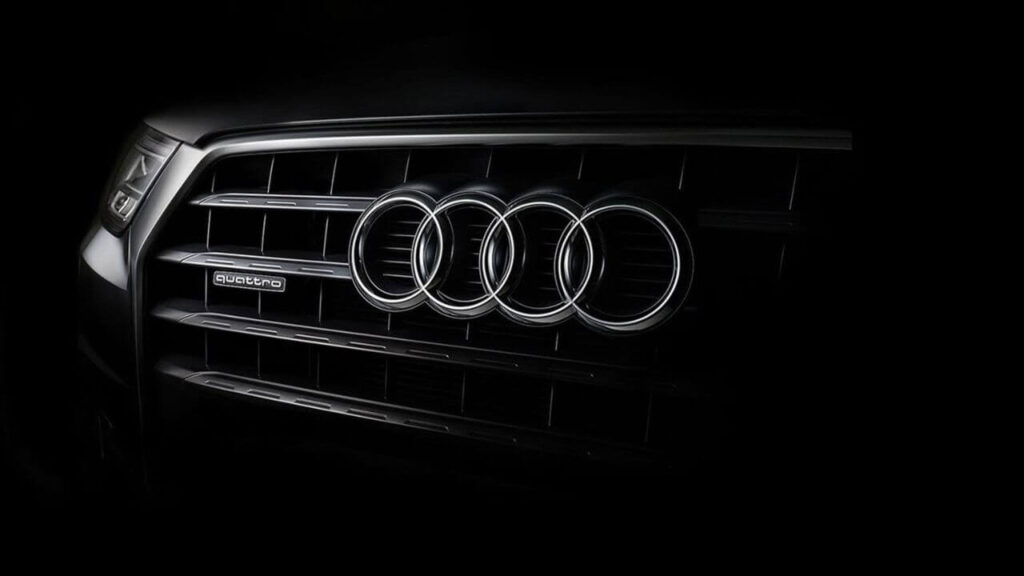Are Audis reliable cars? Learn an in-depth analysis of the reliability of Audi and its frequent problems with the support of an expert and how to make the vehicle last longer.
Are Audis reliable cars are one of the most asked questions by potential buyers when making a decision on the car to invest in. Audi cars have been associated with a cult following of car lovers and regular car drivers due to their sleek design, lavish interiors, and hi-tech technology. Nevertheless, reliability is another critical aspect that can determine the purchase, particularly in luxury brands where the cost of maintenance and repair may be significant. This paper provides a detailed analysis of the reliability of an Audi by examining industry statistics, frequent complaints, and expert opinion to give a complete overview of what any prospective buyer should know before opting to buy an Audi.
Audi Reliability Performance in Industry Studies.

The underlying cause of these mixed results is that Audi maintains a delicate equilibrium between high tech and high performance. To illustrate, J.D. Power had found that although Audi has good results in the initial quality surveys, which covered the first 90 days of car ownership, the results were only slightly below-average in terms of dependability in the long-term, probably associated with wear and tear of the advanced electronic and mechanical components (). Therefore, the reliability of Audi is various and some of its models prove to be more reliable in the long term than others.
Factors Affecting Audi Reliability.
The engineering of Audi is a blend of high performance and state of art materials, which introduce reliability strengths and challenges. The utilization of advanced engines with Turbo Fuel Stratified Injection (TFSI) and other technologies such as Quattro all-wheel drive improves driving performance, but it also involves careful maintenance (). Moreover, Audi cars are designed with lighter components (aluminum and carbon-fiber-reinforced polymers) to be more fuel-efficient and to have increased structural integrity, yet these materials increase the cost of repair in the event of an accident.
Strict compliance with high service milestones is another major determinant of sustaining the reliability of Audi. The cost of maintaining luxury cars is usually high and Audi is not an exception. Routine maintenance procedures such as oil replacement, brake checks, and software upgrades are crucial steps towards avoiding failure and extending the car’s longevity (; web: failure to do so regularly is likely to lead to frequent breakdowns, such as electrical, oil, and transmission component ().
Audi has several common Reliability Problems.
Although numerous Audi owners have stated that they were satisfied with the performance and comfort of their cars, it is important to note that there are some recurrent problems that diminish the perception of reliability. Electrical issues are at the top of the list, followed by infotainment systems, dashboard display, and other sensors, which are also known to cause frequent malfunctions.
Other common mechanical issues that may impact engine performance when not treated are oil leaks associated with valve cover gaskets and camshaft tensioners (). DSG or CVT technology in transmission systems has been known to exhibit characteristics of lumpy shifts or slow shifts, which may also necessitate special repair. Moreover, failures in timing chains tensioners, as well as the malfunction of cooling systems have also been reported as some of the most probable reliability (of older Audi models) threats (web:hese issues underscore the relevance of Audi owners using the services of experienced technician who is aware of the specifics of this brand).
Professional View on the Reliability of Audi.
According to the statement of Automotive industry guru, Daniel Weissland, President of Audi of America, Audi is dedicated to reliability and safety: Customer safety is a priority of Audi. To supplement our emphasis on reliable engineering, our engineers are always working to create vehicles that meet an ever-increasing standard of safety (). This professional opinion sheds light on the fact that Audi is not only performing reliability tests but also considers other safety gadgets, and the general car reliability, a factor that increases customer trust in the company.
Audi Model and Consumer Satisfaction Reliability.
Not Audi models are as reliable. As per the recent reports, some models such as Audi A5 coupletone and SQ5 SUV have shown to be more reliable with their scores of approximately 8.0 out of 10, and as such, they are one of the most reliable models in the product line. The Q5 scores well too, with a reliability score of approximately 7.9 that is good performance, coupled with technological savvy. On the other hand, there are models that are likely to develop certain problems that would prevent them to last long unless maintained well.
The consumer review mentions a two-sided story: Audi owners talk about thrilling performance, comfortable interior, and innovative design, but note that the car requires more maintenance and that the services of specialists are required to fix any electronic and mechanical issues (). This dichotomy is reflective of the overall ownership experience of luxury cars, in which the more it performs, the more it requires in terms of maintenance.
Audi Reliability Optimization.

Service plans and warranty coverage may help in the event of unexpected repairs, and smart owners tend to buy broad-cover insurance and maintenance plans specifically designed to cover luxury cars (; web:hese measures will lead to a more predictable ownership experience and higher satisfaction with the reliability performance of Audis.
Results
So, are Audis reliable cars? The answer is nuanced. Audi is an attractive blend of luxury, modern technology and driving strength with reliability scores that place it fairly well among luxury car manufacturers. Nevertheless, when one possesses an Audi, they must be willing to keep up with his or her maintenance and be aware of the frequent problems with the car like electrical malfunctions and engine oil. Professional judgments and market statistics indicate that it is not the safest brand per se, but Audi is constantly upgrading and giving high importance on safety, which makes it a reliable option in case the buyer cares about style, innovations, and speed in the car.
The expected consumers are advised to study certain Audi models carefully and to anticipate that their maintenance expenses will be more expensive than those on other brands of luxury. Audi can be a reliable, upscale ride on the road with due care and can provide driving or pleasure as well as long term value.

